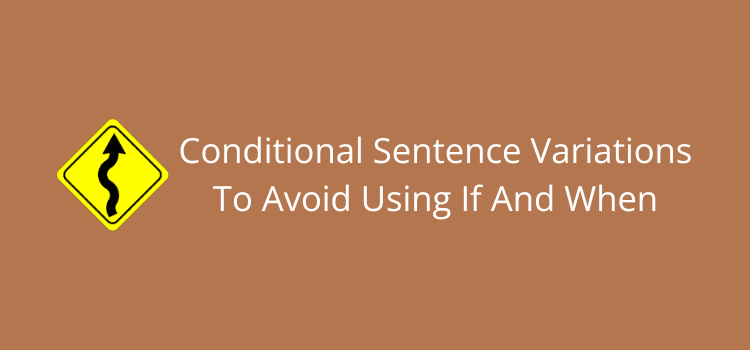8 Subtle Signs Someone Pretends to Like You While Secretly Disliking You—Can You Spot Them?
4. They gossip behind your back
It seems obvious, but it’s worth noting: a person who secretly dislikes you is likely to voice those feelings when you’re not around.
I’ve learned this lesson firsthand, and perhaps you have, too. A telltale sign is when mutual acquaintances hint, “They always talk about you, but not in the nicest way.”
However, the tricky part is that these individuals still maintain a friendly demeanor to your face. They might invite you to events or like your social media posts, all while criticizing your every move when you’re out of earshot.
I’ve noticed how even a small success on your part can trigger their chatter. They’ll complain about how you “got lucky” or argue that your work “isn’t really all that special.” Paying attention to these patterns, especially if you catch wind of the gossip, can confirm your gut feeling about their disguised hostility.
5. They minimize your achievements
Another classic sign is the person who rushes to downplay your successes.
Let’s say you completed a project that you’re genuinely proud of. They might react with something like, “Well, that’s good for you, but anyone could do it if they had the resources.”
Whenever I’ve encountered this in my life, it’s been jarring to see how someone who acted supportive suddenly tries to poke holes in what I’ve accomplished.
Deep down, I believe someone who truly cares will celebrate your wins, big or small. But when someone repeatedly diminishes your achievements—by calling them easy, trivial, or luck-based—it can be a sign they’re not as supportive as they claim.
They might feel threatened, jealous, or simply have unresolved tension toward you, and minimizing your achievements becomes their go-to approach.
6. They never initiate genuine contact
A friend of mine once pointed out that relationships thrive on reciprocity. If you’re the one always texting first, inviting them over, or reaching out for coffee, it can suggest an imbalance in the dynamic.
In some cases, the lack of initiative might just be about personality differences or busy schedules. But when someone secretly resents you, they tend not to invest real effort in maintaining the connection.
I’ve had situations where I kept trying to make plans, yet the other person never seemed enthusiastic unless there was something they needed from me. They were happy to accept help or join group activities if it benefited them, but they never bothered to initiate a catch-up or a genuine conversation.
Paying attention to who consistently makes the effort can reveal a lot about hidden feelings.
7. They try to one-up you in every conversation
We’ve all met someone who always has a bigger, better story. When you share a personal win—like setting a new fitness record or booking a long-awaited vacation—they immediately counter with their own tale of triumph that far outshines yours.
On the surface, this might look like excitement or an attempt to relate. But in my experience, the pattern can also signify unresolved competition or deep-seated envy, especially if they never actually acknowledge your accomplishment.
I remember talking about finishing a half-marathon, only to have someone cut me off to mention they ran a full marathon “with no training.” It was less about camaraderie and more about overshadowing my news.
If this one-upping behavior is consistent, it might mean they’re not so happy about your progress and are trying to keep the spotlight on themselves.
8. They offer unsolicited “advice” laced with critique
Constructive feedback can be a gift, but there’s a difference between supportive guidance and veiled criticism. I’ve noticed how certain individuals present advice that consistently undermines your confidence.
They might frame it as concern—“I just want what’s best for you”—but the main tone is dismissive or condescending. You leave these conversations feeling belittled, second-guessed, or full of self-doubt.
Interestingly, I once stumbled on an article from the Greater Good Science Center discussing how honest feedback often comes with empathy and clear intent. But when the “advice” feels more like an underhanded dig, it can be a sign of hidden dislike.
They’re not actually looking to help; they’re asserting superiority and highlighting your perceived flaws. Recognizing this subtle difference has saved me countless hours of emotional exhaustion.
Conclusion
Learning to spot these signs doesn’t mean assuming the worst in everyone. It means paying attention to your instincts and the consistent patterns that stand out over time.
I’ve come to see these moments as invitations to set healthier boundaries or even to step away from relationships that foster self-doubt.
While we can’t control how others feel about us, we can control how we respond once we recognize something isn’t right. Sometimes it’s enough to reduce the energy we invest in that relationship. Other times, a direct conversation can clear the air.
In my own experience, taking a step back and focusing on the people who genuinely cheer me on has been transformative. It’s given me more room to invest in positive connections and much less stress over trying to please those who aren’t truly rooting for me.
Ultimately, authentic friendships nourish you—and that’s worth protecting.













